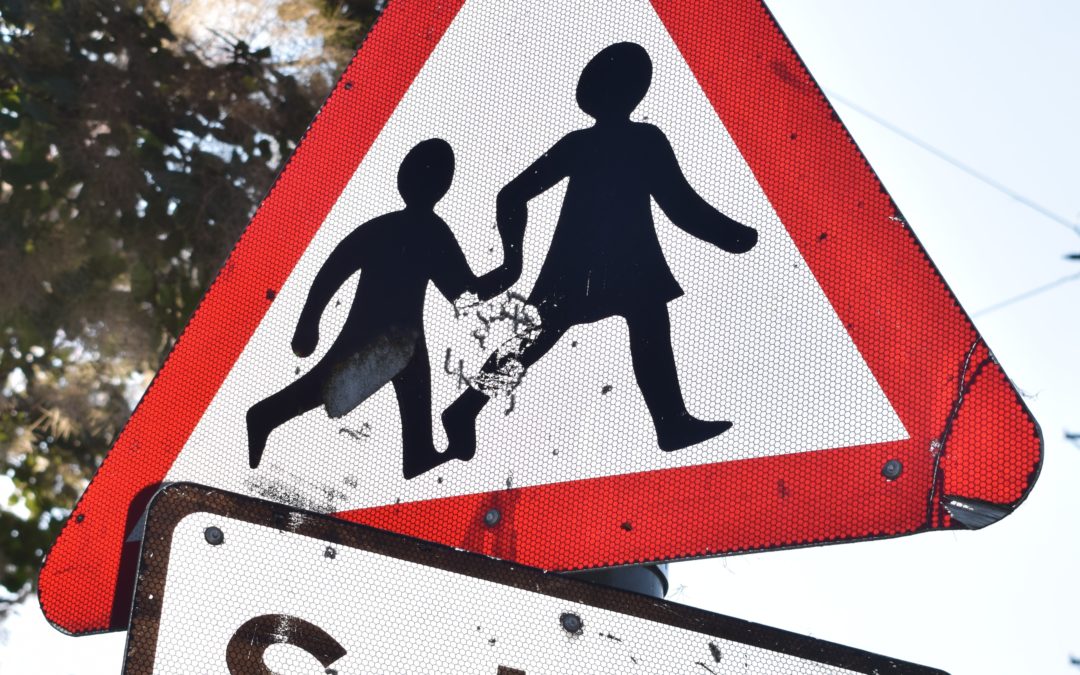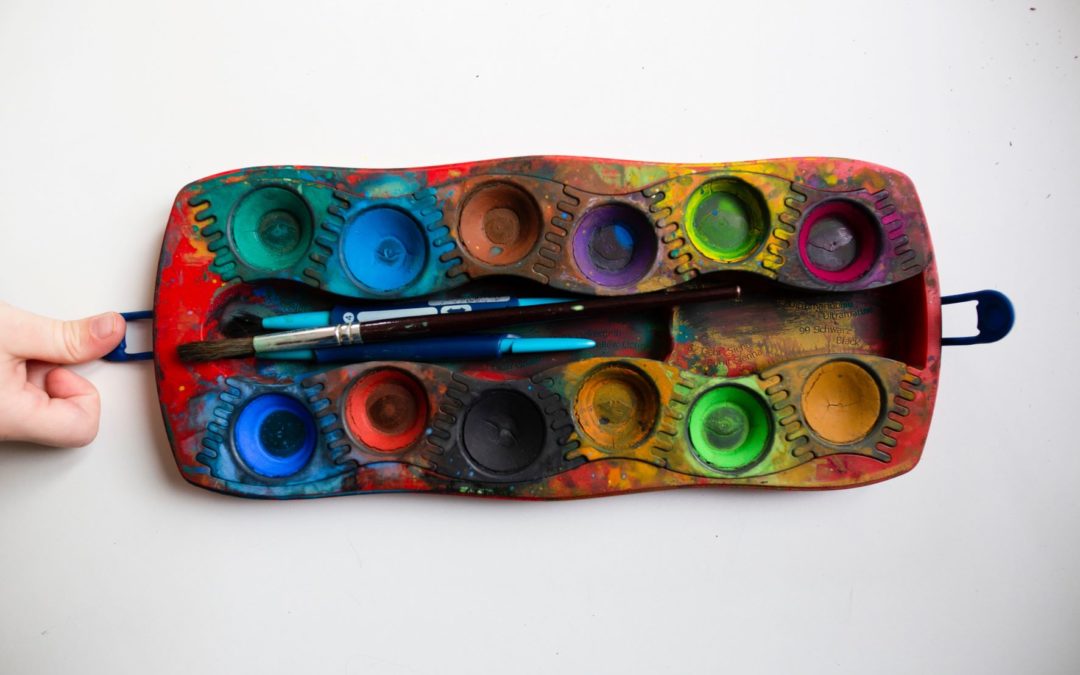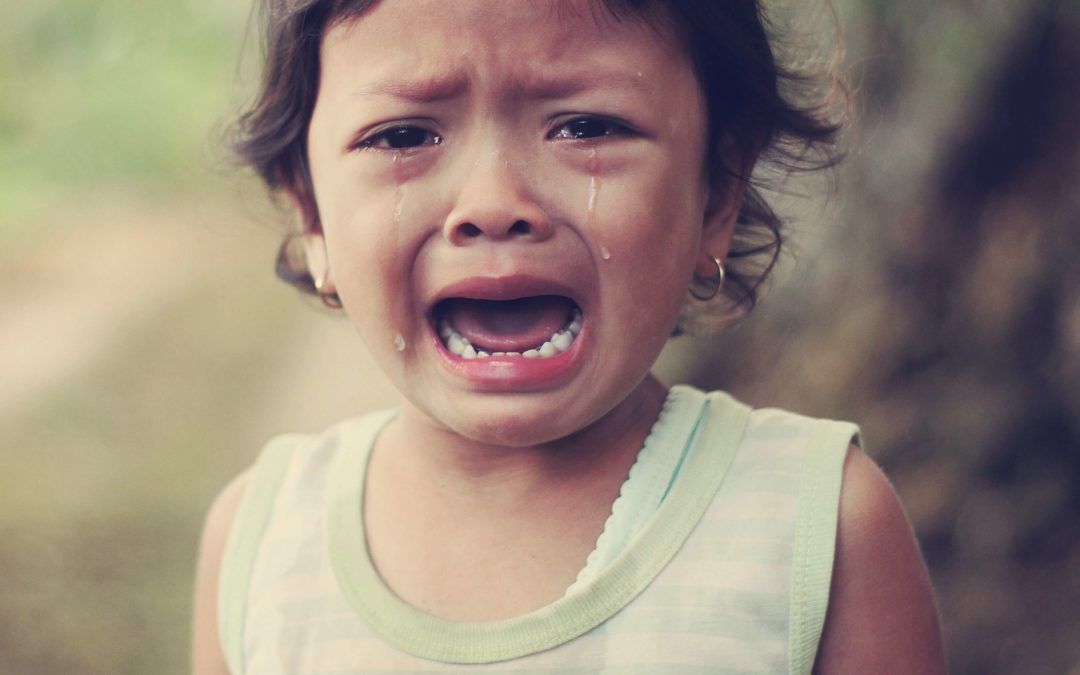Attending preschool is a great way for your child to make friends, have fun, learn new skills and get ready for primary school, and there are plenty of easy ways outlined below to ease the transition from toddler to pre-schooler…
Attending a preschool is a great way for children to prepare for school life. All three to four year olds are eligible for free early education, so it’s worth taking advantage of. However, preschool can seem daunting, particularly if your child is not already used to attending a childcare setting. The day may be a little more structured than they are used to, and there will be more people about to interact with. Children need to be socially, emotionally and physically ready for this change in environment. Helping them get ready for preschool is important as they will feel more confident and independent. Sounds complicated, but it really isn’t. Here are some easy tried and tested ways to help your child prepare for their next step in life (and you are probably doing many of them already)…
Social skills
Preschool involves dealing with many other children, which might be new for some. Skills like sharing toys or attention, turn taking and team work will be needed. You can help your child develop these skills by attending playgroups or playdates. Playgroups in particular are very similar to preschool. Toys have to be shared and there are many other children to play with. Quieter group activities like storytime at the library are also beneficial, as they encourage children to sit quietly and listen with others. At home, take time to play with your child. It doesn’t really matter what the game is, any form of play will help children learn how to interact with other people. If the game has an outcome, let your child experience losing as well as winning, as it’s a good way to teach resilience and perseverance. As well as playing with you and others, children should also be able to play on their own, so give them lots of opportunity to do this. You could set up some puzzles or colouring stations for them. Encourage your child to work independently on their games and don’t let them demand your attention immediately if they need help. Playing like this will help their concentration, focus and fine motor skills, as well as their independence.
Communication skills
Listening and talking are important skills for life, as well as at preschool. To encourage both, read books with your child and ask lots of questions about the story. There are even books about preschool such as Llama Llama Misses Mama by Anna Dewdney or Maisy Goes to Preschool by Lucy Cousins. During the day, talk to your child about what they are going to do today, what the weather is like, what they are wearing – anything to encourage dialogue and learning new words. Encourage discussion around key topics such as colours, numbers and letters too. Stephen, dad to Will, 3, says: “Our preschool sent photos of the staff and setting which we put on the wall and talked about a lot.” Asking questions is also a great way to encourage their naturally inquisitive minds.
Emotional skills
Preschool will bring out many feelings and emotions in children. Three year olds naturally find it hard to control their emotions and understand their feelings. They can feel out of control when there is a strong emotion like anger, but it’s important to let children express themselves and learn about what they are feeling. You can try to help them understand their feelings by talking to them about it. Matt, dad to Arthur, 3, says: “I get a better response from Arthur if I acknowledge his feeling of anger, so I say ‘I can see you are really angry about not being able to play with the train yet, but that’s really good sharing and I’m proud of you’ instead of ‘don’t be angry. It’s not your turn and you need to wait.’ It can be hard keeping my patience, but it’s easier in the long run!” To help them deal with worry or anger, you could teach your child easy coping strategies like counting up to 10 or taking a deep breath, which may help if they do not have you around in a situation. A cuddle also works wonders!
Physical skills
Preschool encourages children to do many things themselves such as washing hands, using utensils, zipping up coats, hanging up backpacks, putting on shoes and tidying up. This encourages both their independence and self-esteem. Start getting your child used to doing these tasks independently. Most become second nature to children if they do them often enough, but to begin with they are always more fun if turned into a game. For example, let your child pick an outfit for the day and see who can get dressed first. Teach them tricks like flipping on their coat.
Let your child help you make the packed lunch and give them choices such as banana or apple. You could even do some role play, where you act out the preschool day. This will give your child a chance to have a go at all the above skills in a fun way, but also become familiar with what will happen at preschool. Take turns being the child, parent or teacher. Act out circle time, eating lunch or playing a game. Then tidy everything up at the end.
Play, play, play
You’re probably already doing many of the ideas suggested here anyway. By simply playing and doing thing together, you are helping your child learn, develop and have fun in the process. Children will continue to play at preschool and throughout their primary school life. It’s the best way to learn about the world and their place in it.
Kate Lewis is a freelance writer and a mother of two young boys. She also blogs at smallerexplorer.co.uk, a site for parents who like to travel and explore, and is editor of her local NCT branch magazine.








